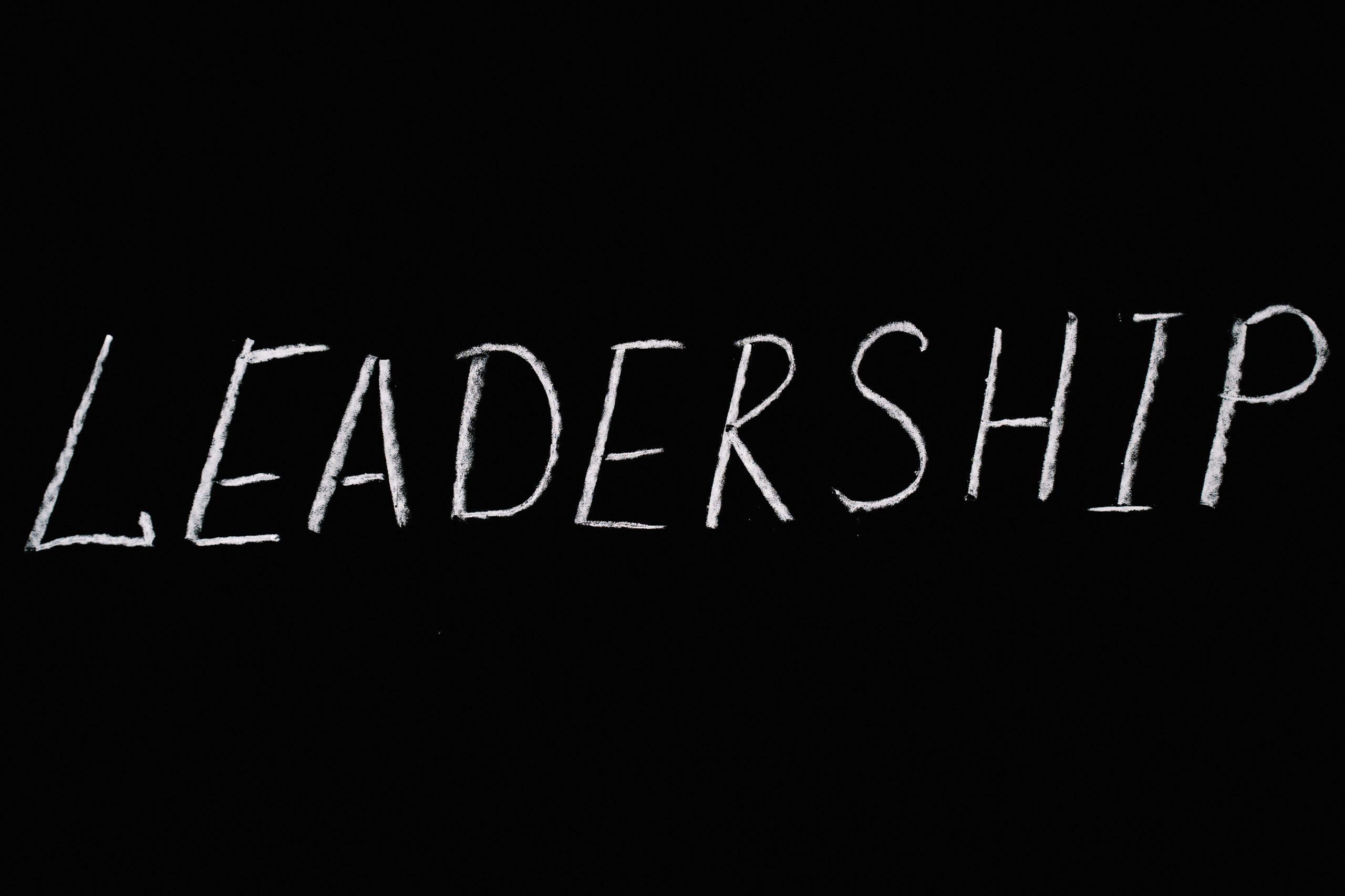When it comes to navigating the complex world of business law in the state of Utah, having a skilled and strategic attorney by your side is not just an advantage, but a necessity. That’s where the Strategic Business Attorney in Riverton, Utah comes in. With extensive experience and a deep understanding of the legal intricacies surrounding business transactions and operations, this attorney is dedicated to providing comprehensive guidance and representation to clients. Whether you’re a small startup or a well-established corporation, the Strategic Business Attorney is committed to protecting your interests and helping you achieve your goals. With their knowledge, expertise, and unwavering commitment to client success, it’s no wonder that individuals and businesses alike are eager to secure their services.
What is a Strategic Business Attorney?
A Strategic Business Attorney is a legal professional who specializes in providing guidance and assistance to businesses in various aspects of their operations. These attorneys possess a deep understanding of business law and utilize their expertise to help businesses navigate legal issues and ensure compliance with relevant regulations. Strategic Business Attorneys play a crucial role in protecting businesses’ interests and minimizing legal risks.
The Role of a Strategic Business Attorney
Providing Legal Advice and Counsel
One of the primary roles of a Strategic Business Attorney is to provide expert legal advice and counsel to businesses. They analyze complex legal issues and provide guidance on the best course of action. Whether it’s interpreting contracts, reviewing legal documents, or advising on compliance matters, a Strategic Business Attorney ensures that businesses make informed decisions within the boundaries of the law.
Assisting with Business Formation
When starting a new business, it is essential to consider various legal aspects. A Strategic Business Attorney assists entrepreneurs in choosing the most appropriate legal structure for their business, such as sole proprietorship, partnership, LLC, or corporation. They guide business owners through the process of registering the business and fulfilling all legal requirements, ensuring a smooth and compliant start.
Drafting and Reviewing Contracts
Effective contracts are the foundation of successful business relationships. A Strategic Business Attorney drafts comprehensive contracts tailored to meet the unique needs of a business. They ensure that contracts are legally sound, protecting the company’s interests while considering potential risks. Additionally, these attorneys review contracts presented to the business by other parties, ensuring that the terms are fair and favorable.
Handling Business Disputes
Disputes are an inevitable part of conducting business, and it is crucial to have a Strategic Business Attorney by your side when faced with legal conflicts. These attorneys have extensive experience in dispute resolution, negotiation, and mediation. They work diligently to resolve disputes in the most favorable manner, whether through settlement negotiations or litigation if necessary.
Offering Compliance Guidance
Compliance with applicable laws and regulations is vital for every business to avoid legal consequences. A Strategic Business Attorney provides valuable guidance on compliance matters, ensuring that businesses operate in accordance with the law. They assist in developing and implementing compliance programs, reviewing policies and procedures, and conducting internal audits to identify and rectify any compliance gaps.
Providing Mergers and Acquisitions Support
Mergers, acquisitions, and other business transactions require careful consideration of legal implications. A Strategic Business Attorney plays a crucial role in these transactions, providing guidance and support throughout the process. They conduct due diligence, review contracts and agreements, and ensure that all legal requirements are met to protect the interests of their clients.
Assisting with Intellectual Property Protection
Intellectual property (IP) rights are valuable assets for businesses, and protecting them is essential. A Strategic Business Attorney helps businesses in identifying and securing their IP rights, including trademarks, copyrights, patents, and trade secrets. They assist in filing and prosecuting applications, enforcing IP rights, and defending against infringement claims, safeguarding the company’s intellectual assets.
Guiding Employment Law Matters
Employment law can be complex and ever-changing, requiring careful attention to protect both employers and employees. With a deep understanding of employment law, Strategic Business Attorneys guide businesses in various employment-related matters. They assist in developing employment policies, drafting employment contracts, navigating employee disputes, and ensuring compliance with employment regulations.
Offering General Business Guidance
In addition to specific legal matters, a Strategic Business Attorney serves as a trusted advisor to businesses by providing general guidance on various business-related issues. They offer insights and strategic advice on matters such as risk management, corporate governance, contract negotiation, and business expansion. Their in-depth knowledge of business law allows them to provide comprehensive guidance tailored to each client’s unique needs.

Why You Need a Strategic Business Attorney
Having a Strategic Business Attorney by your side is crucial for the success and protection of your business. These professionals possess the expertise and experience required to navigate complex legal matters effectively. By partnering with a Strategic Business Attorney, you ensure that your business operates within the boundaries of the law, mitigates legal risks, and maximizes opportunities for growth. From legal advice to safeguarding your intellectual property, a Strategic Business Attorney provides comprehensive support that can save you time, resources, and potential legal disputes in the long run.
Understanding Business Law in Riverton, Utah
In order to effectively navigate the legal landscape for your business in Riverton, Utah, it is important to have a solid understanding of the specific laws and regulations that govern business activities in the area. Business laws in Riverton are primarily governed by the state of Utah’s statutes and regulations, as well as federal laws that apply to all businesses operating within the United States. However, there may be additional local ordinances and regulations specific to Riverton that businesses must comply with.
Some key areas of business law that businesses in Riverton should be familiar with include:
- Employment Law: Businesses must comply with federal and state laws governing employment practices, including hiring, firing, discrimination, and wage laws.
- Contract Law: Understanding the principles of contract law is essential for businesses in Riverton, as contracts form the basis of most business relationships and transactions.
- Intellectual Property Law: Protecting your business’s intellectual property, such as trademarks, copyrights, and patents, is vital for maintaining a competitive advantage and preventing infringement.
- Business Formation: Choosing the right legal structure for your business, whether it’s a sole proprietorship, partnership, LLC, or corporation, requires knowledge of the specific requirements and regulations in Riverton.
- Regulatory Compliance: Businesses must adhere to various regulations specific to their industry, such as health and safety regulations, environmental laws, and licensing requirements.
By understanding the unique legal landscape in Riverton, businesses can ensure compliance, minimize legal risks, and make informed decisions that support their long-term success.

How to Choose the Right Strategic Business Attorney
Choosing the right Strategic Business Attorney is a critical decision that can greatly impact the success and protection of your business. Here are some factors to consider when selecting a Strategic Business Attorney in Riverton, Utah:
Assessing Experience and Expertise
Look for an attorney with a strong background in strategic business law and extensive experience working with businesses similar to yours. Consider their track record of success, including their experience in handling cases and transactions relevant to your industry and specific legal needs.
Considering Reputation and Client Reviews
Research the attorney’s reputation within the legal community and among previous clients. Look for testimonials or reviews that highlight their professionalism, responsiveness, and ability to achieve favorable outcomes for clients. A positive reputation is a good indication of the attorney’s competency and dedication to client satisfaction.
Evaluating Communication and Availability
Effective communication is imperative in any attorney-client relationship. During initial consultations, assess how well the attorney listens to your concerns and explains complex legal concepts in a way that you can understand. Additionally, inquire about their availability and responsiveness to ensure that they will be accessible to address your needs promptly.
Exploring Fee Structures and Billing
Discuss the attorney’s fee structure and billing practices upfront to ensure they align with your budget and expectations. Some attorneys charge hourly rates, while others may offer flat fees or alternative fee arrangements. Consider the value and expertise the attorney brings to your business and evaluate the fee structure in relation to the services provided.
Looking for Industry-Specific Knowledge
If your business operates in a specialized industry, consider an attorney who has specific knowledge and understanding of your industry’s legal intricacies. Industry-specific knowledge can provide a competitive advantage in effectively addressing industry-specific legal issues and ensuring compliance with relevant regulations.
By thoroughly evaluating these factors, you can make an informed decision and choose the right Strategic Business Attorney who is best suited to protect your business’s legal interests and guide you towards success.
Benefits of Hiring a Strategic Business Attorney in Riverton, Utah
Hiring a Strategic Business Attorney in Riverton, Utah can bring numerous benefits to your business. By having a legal expert by your side who is well-versed in business law and understands the local legal landscape, you can experience the following advantages:
Expert Legal Guidance
A Strategic Business Attorney has extensive knowledge and experience in business law and can provide invaluable expertise and guidance. They can navigate complex legal matters, ensure compliance with relevant regulations, and provide strategic advice that aligns with your business goals.
Protection from Legal Risks
Operating a business exposes you to various legal risks and potential disputes. By having a Strategic Business Attorney, you can proactively identify and mitigate these risks, saving your business from potentially costly legal battles. They can help you draft airtight contracts, review legal documents, and provide legal solutions to minimize the chances of legal disputes arising.
Efficient Business Operations
A Strategic Business Attorney can streamline your business operations by providing counsel on day-to-day legal matters. By having a qualified professional handle legal issues and compliance concerns, you can focus on core business tasks, thus improving efficiency and productivity.
Reduced Business Disputes
Resolving business disputes can be time-consuming, costly, and detrimental to your business’s reputation. With a Strategic Business Attorney, you can minimize the risks of disputes arising and handle them effectively if they do. Their expertise in negotiation and dispute resolution can save you time, money, and potential damage to your business relationships.
Maximized Business Opportunities
Strategic Business Attorneys are well-versed in assessing business opportunities and potential risks. By leveraging their legal expertise, you can make informed decisions that maximize opportunities while avoiding legal pitfalls. Whether it’s exploring new markets, pursuing mergers or acquisitions, or protecting your intellectual property, having a Strategic Business Attorney can position your business for growth and success.
Frequently Asked Questions about Strategic Business Attorneys
FAQ 1: What types of legal issues can a strategic business attorney handle?
A Strategic Business Attorney can handle a wide range of legal issues that businesses may encounter. Some common areas of legal practice for strategic business attorneys include contract drafting and negotiation, employment law matters, intellectual property protection, business formation and governance, mergers and acquisitions, real estate transactions, regulatory compliance, and dispute resolution.
FAQ 2: How much does it cost to hire a strategic business attorney?
The cost of hiring a Strategic Business Attorney can vary depending on various factors, such as the attorney’s experience, expertise, location, and the complexity of your legal needs. Attorneys typically bill their services either on an hourly basis or a flat fee basis. It is crucial to discuss and clarify the attorney’s fee structure and billing practices during the initial consultation to ensure transparency and avoid any surprises.
Conclusion
Navigating the complexities of business law in Riverton, Utah, requires the expertise and guidance of a skilled Strategic Business Attorney. These professionals offer a wide range of services, from providing legal advice and counsel to handling business disputes and ensuring compliance with regulations. By partnering with a Strategic Business Attorney, businesses can protect their interests, minimize legal risks, and maximize opportunities for growth. It is crucial to choose the right attorney by evaluating their experience, reputation, communication skills, fee structure, and industry-specific knowledge. With a Strategic Business Attorney by your side, you can confidently navigate the legal landscape and focus on building a successful and legally compliant business.


























